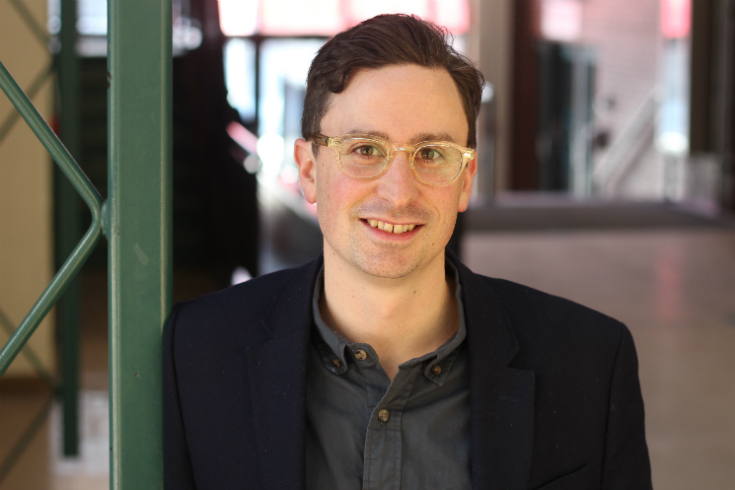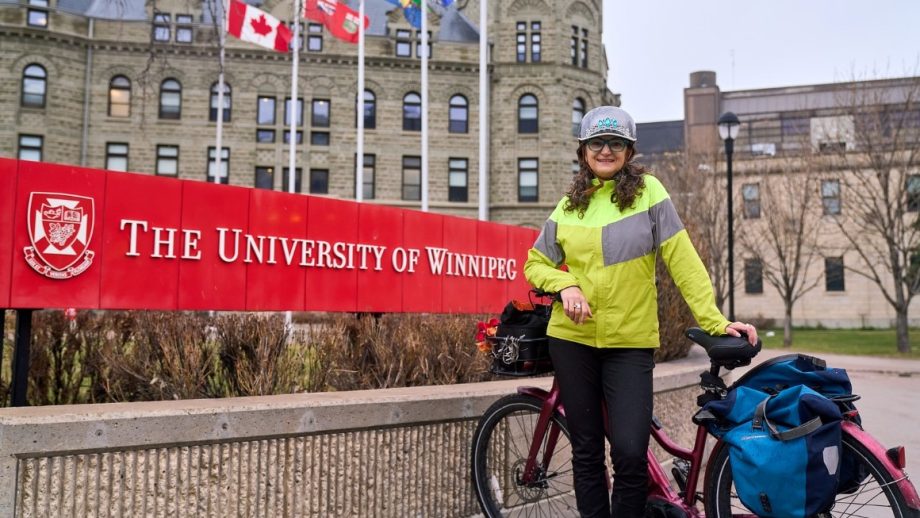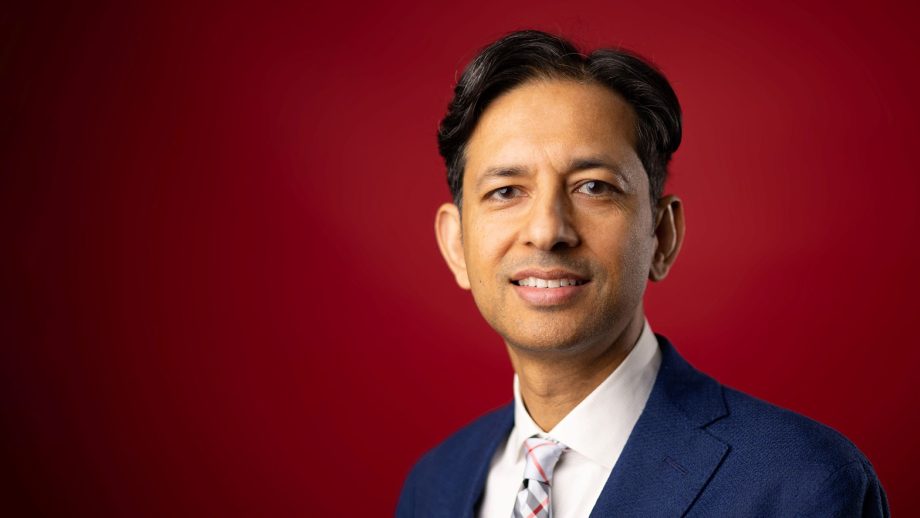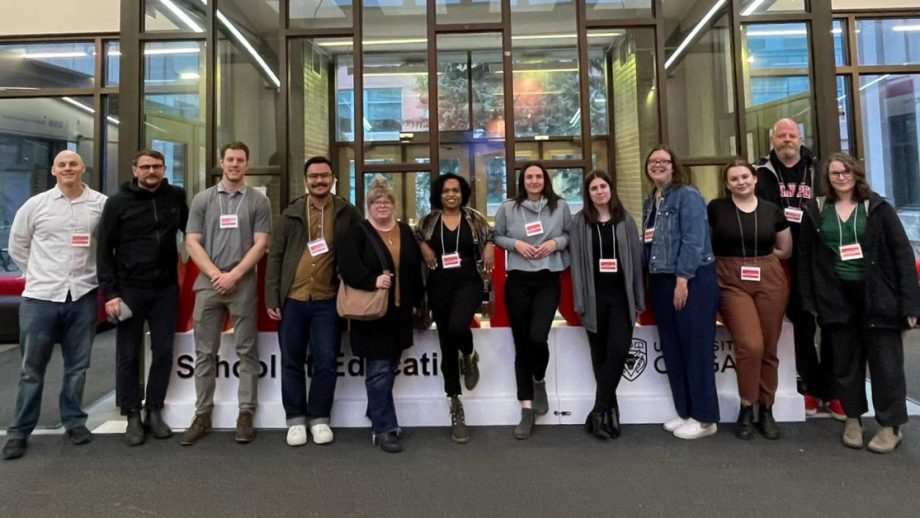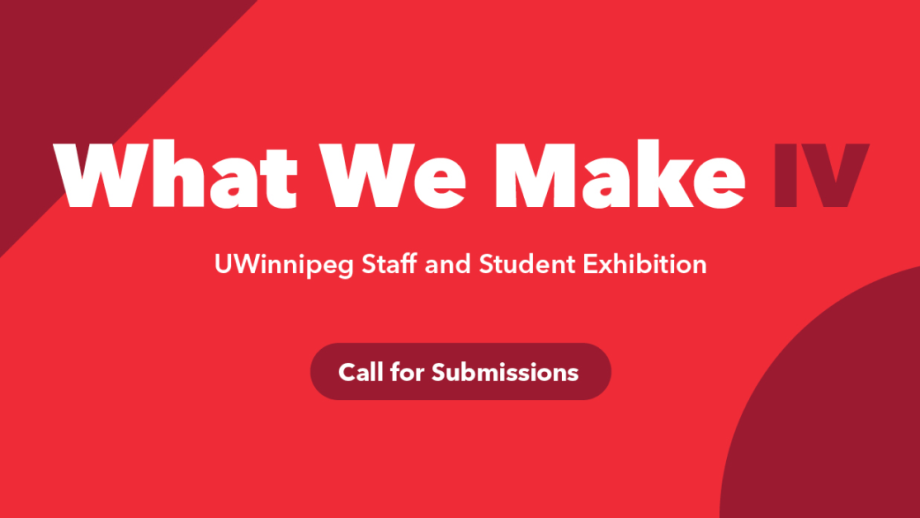Daniel Leonard is UWinnipeg’s new Experiential Learning Network Coordinator. His role is to support the development of community-service/experiential learning in all its aspects of the university, for its faculty, staff, prospective and current students, and community partners. ELN has also been identified as a key component of Academic Excellence and Renewal in the University’s 2015 Strategic Directions.
“Daniel’s arrival on campus reflects the University’s commitment to developing experiential learning opportunities within our community,” shared Dr. Neil Besner, UWinnipeg Provost and Vice-President, Academic. “He is proving to be a knowledgeable and generally invaluable resource to our students and faculty in this area.”
The Experiential Learning Network (ELN) is a team of engaged and knowledgeable students, staff, and faculty members that are dedicated to creating interactive ways of learning. The ELN is open to anyone interested in experiential learning; individuals can join the monthly meetings where the group tests ideas, shares learning methods across departments and disciplines, and helps shape what experiential learning looks like at UWinnipeg. The guidance of the network frames Leonard’s role at the University.
An example of Experiential Learning is an Ethnobotany class that is offered in the summer where science and tradition take root in class and in the field.
“The Indigenous-science focused experiential learning courses are land-based and integrates teachings from elders alongside with classroom teachings,” explains Dr. Shailesh Shukla, Assistant Professor (Department of Indigenous Studies) and one of the teachers of the class. “The students have greatly appreciated these courses at Indigenous Studies and support of ELN is critical when such courses are offered initially.”
Students get a first-hand experience of harvesting certain plants like Pineapple weed, Grandfather root, Tamarack bark, and Choke cherry from various habitats, and slept in teepees. Students learn to value Indigenous knowledge systems alongside botanical sciences, which helps them to develop respect for and recognition of traditional medicinal plant knowledge and elders.
“It’s a privilege to be part of UWinnipeg,” shared Leonard. “You really get a sense that what is happening here is more than just a job. Whether it’s the Indigenous Course Requirement, the types of experiential learning courses being designed, the focus on sustainability, or even the access surrounding neighbourhoods have to the Axworthy RecPlex, you can really see that learning here is rooted in UWinnipeg’s context and desire to positively impact the communities we belong to.”
Leonard holds a Masters in Natural Resources Management from the University of Manitoba where he studied the intersection of adult learning theories and sustainable farming practices. Prior to his work at The University of Winnipeg, he worked in the humanitarian assistance sector, holding positions in the United States, Canada, and Ethiopia. Leonard is originally from Philadelphia, but he has been based in Winnipeg for the past 7 years.
For more information, questions, or comments please email us at: ELN@uwinnipeg.ca

